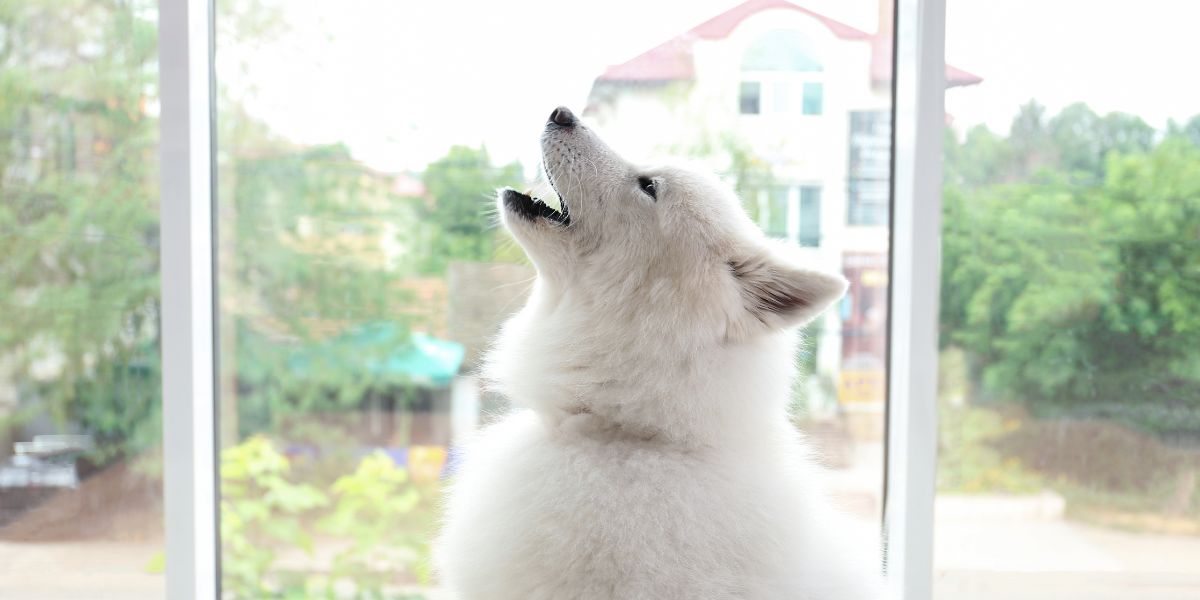Canine Howling: Separation Anxiety or Something Else?
Separation anxiety is a prevalent and serious behavioral issue in dogs. This type of fear arises when dogs are left alone, leading to extreme distress, barking, destructive behavior, and even howling. Dogs may howl for several minutes or hours when left alone, often in response to their owner's departure. However, this vocalization can also signify other forms of distress, frustration, boredom, or loneliness.Decoding Your Dog's Howling: The Reasons Behind the Noise
To better understand and address your dog's howling, it's crucial to determine the root cause of this behavior. Barking or howling when left alone can be a symptom of separation anxiety, which could be triggered by various factors. For example, dogs with a history of emotional trauma, such as abandonment or neglect, may struggle to cope with being alone. Additionally, sudden changes in routine or insufficient mental stimulation can also provoke this behavior.If you're unable to identify the source of stress, consulting a professional animal behaviorist may be necessary. Providing your dog with engaging toys and puzzles while they're home alone can also be helpful.
Diverse Dog Behavior: Understanding the Variations
Dog behavior is influenced by numerous factors, including the owner's actions, breed traits, and the dog's individual experiences. Based on their upbringing, some dogs may bark at strangers, while others might be more tolerant. Some dogs may howl when left alone due to separation anxiety, while others might howl in response to certain triggers, such as loud noises or a deceased pet.As for howling at the moon, some experts theorize that dogs have a heightened sense of smell, allowing them to detect changes in the atmosphere. This could explain why some canines howl when a pet passes away or when a new pet moves into the home. Additionally, certain breeds, such as hounds and beagles, are known for their superior hearing, which can help them pick up on subtle changes in sound. This could explain why these breeds are more likely to howl at the moon than others.
Supporting Your Howling Hound: Tips for Dog Owners
If your dog howls or barks, it's often an indication of distress or separation anxiety. As a responsible pet owner, it's essential to interpret this as a sign that your dog needs help. One effective approach is to ensure your dog gets enough exercise and playtime with you to reduce stress and provide companionship. Regular meal times and plenty of mental stimulation are also crucial to keep your dog occupied.Pay attention to your dog's body language and try to understand why it may be feeling anxious. To help your dog cope with separation anxiety, consider crate training, which teaches the dog that it's safe when its owner is away and provides a comfortable space for relaxation during anxious moments. Lastly, be sure to provide plenty of love and attention to your pet when you're together.
We hope this article has shed some light on the fascinating world of canine behavior and howling dogs. If you found it helpful, please consider sharing it with your friends and family on social media or via email. By spreading our articles, we can reach a wider audience, build our brand, increase website visibility, and drive more traffic to our site. With your help, we can engage more readers and amplify the impact of our ideas.

There are currently no more comments available.